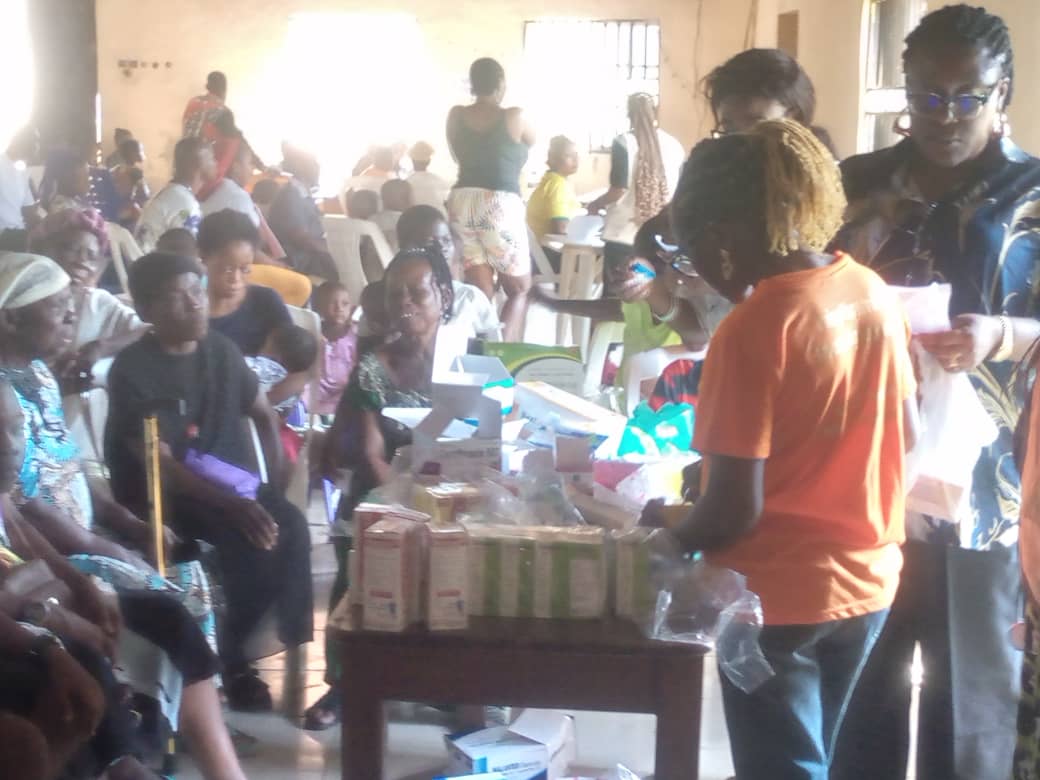By Isaiah Eka
The Women Advocates Research and Documentation Centre (WARDC) and other stakeholders have promised to ensure full dissemination of Safe Termination Of Pregnancy (STOP) guidelines in Akwa Ibom.
Akwa Ibom is one of the states in the country that has adopted and domesticated the STOP guidelines, aims to reduce maternal morbidity and mortality associated with unsafe abortions.
Dr Mathias Abah, an official of Society Of Gynaecologist and Obstetricians in Nigeria (SOGON), in Akwa Ibom said in Uyo on Wednesday that STOP guidelines had been the right approach to sexual reproductive health.
Abah said that the guideline aligns with international best practices and regretted that many health workers were not yet aware of it.
The health official added that SOGON was in communication with the ministry of health for maximum dissemination and publicity of the guidelines.
He, however, warned that STOP guidelines provide legal backing for women and medical doctors to terminate pregnancies that pose risk to mothers health wise, or mentally in some cases and not for social reasons.
“SOGON has discussed this with the ministry and there is actually a move for all the guidelines to be publicised. Currently, they are working on it. Not only making sure that medical practitioners or healthcare providers are aware of these STOP guidelines.
“Not for social reasons, that is very important, because the real abortion law does not permit termination of pregnancy for social reasons,” Abah said
Dr Bless Atat, a Consultant Obstetrician and Gynaecologist, University of Uyo Teaching Hospital said the implementation of the STOP guidelines would help crash the high Maternal Mortality Rate, (MMR), in Akwa Ibom.
Atat said creating awareness on STOP guidelines would require partnering with the ministry of health and all stakeholders to disseminate not only the guideline itself but also information regarding its appropriate implementation.
“So we are in an advocacy with the Ministry of Health to get as many practitioners on board, not just doctors but also nurses, midwives and any other practitioners who have contact with or who deal with women’s health.
“We are trying to onboard these people and get them to become engaged to also accept the provisions of the guidelines and its appropriate implementation.
“We are hoping that the more and more people that we are able to get involved with these STOP guidelines, the more we should see improvements in the reduction in maternal mortality associated with unsafe abortion in Akwa Ibom,” he said
Earlier, the programme officer of WARDC, Emmanuella Azu, said the organisation was in Akwa Ibom to implement a project on sexual and reproductive health rights paying particular attention to the STOP guideline.
Azu commended the stakeholders’ commitment to ensure the dissemination of the STOP guideline in Akwa Ibom was successful.
She called for review of the existing one to include social reasons for safe termination of pregnancy.
“The review will bridge the gap of women who are pregnant as a result of rape or gang raped.
“Women who are pregnant as a result of incest. All of these categories of women are not covered in the current STOP guidelines,” she said.
The Roundtable was organised by the Centre for Reproductive Rights in partnership with the Ministry of Women Affairs and sponsored by Global Affairs Canada.





